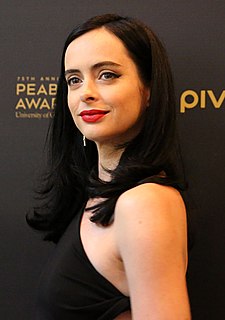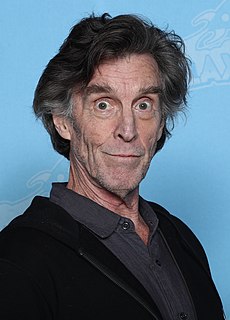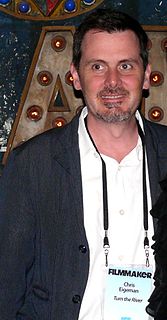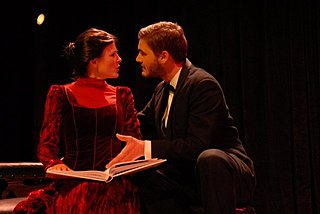A Quote by Krysten Ritter
Sometimes, as an actor - and I've witnessed this with other actors that I've worked with - you don't realize that it's not all about the actor.
Related Quotes
My story about becoming an actor is a completely non-romantic one. I became an actor because my parents were actors, and it seemed like a very... I knew I was going to act all my life, but I didn't know that I was going to be a professional actor. I thought I was just going to work as an actor every now and then.
The other, the other aspect when I say I'm an actor is that as an actor you make this imaginative leap into being somebody else, that's to say the muscle of the imagination is as important as any other of the muscles in your body, and so it is something about this instinct in space and time which for me I associate with being an actor rather than a director.



































